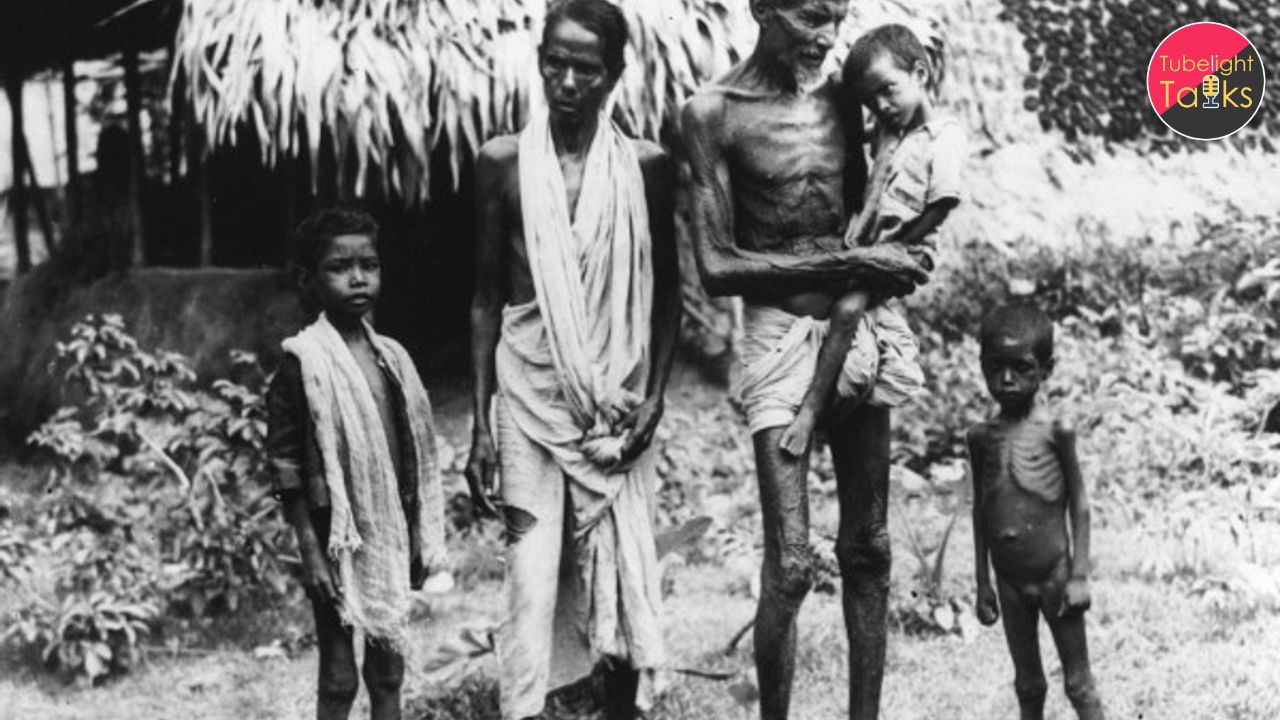The history of the Indo-Pakistani wars is marked by intense military conflicts, political disputes, and shifting power dynamics. From the moment of India’s independence in 1947, the nation has faced numerous challenges, primarily due to its unresolved territorial disputes with Pakistan. Over the decades, India has successfully defended its sovereignty and emerged victorious in all major conflicts with Pakistan, cementing its place as a regional power.
This blog will provide a comprehensive look at the major Indo-Pakistani wars, highlighting India’s victories and the significant moments, including the historic surrender of 93,000 Pakistani soldiers during the 1971 war.
The First War (1947-1948): India’s Initial Victory
The Partition and Kashmir Conflict
The partition of British India in 1947 resulted in the creation of two nations: India and Pakistan. This division led to widespread communal violence and forced migrations. The princely state of Kashmir, which was strategically located between the two nations, became the focal point of the first war. The ruler of Kashmir, Maharaja Hari Singh, sought India’s assistance after Pakistani-backed tribal forces invaded Kashmir.
The War and India’s Strategic Success
In response, India sent its military to defend Kashmir, which marked the beginning of the first Indo-Pakistani war. Despite initial setbacks, India’s military managed to secure key positions in Kashmir and push back Pakistani forces. The war ended in January 1949 with the intervention of the United Nations, which brokered a ceasefire. The conflict established the Line of Control (LoC), dividing Kashmir into Indian-administered and Pakistani-administered territories.
The Second War (1965): India’s Resilience
Rising Tensions in Kashmir
The second Indo-Pakistani war erupted in 1965, mainly due to continuing border tensions in Kashmir. The conflict began when Pakistan launched Operation Gibraltar to infiltrate Jammu and Kashmir, triggering a full-scale war. Both sides suffered significant losses, with intense battles along the international border.
India’s Military Victory
Despite being caught off guard, India’s military response was robust, and Indian forces were able to capture key strategic locations in Pakistan. The war ended in a stalemate, with the signing of the Tashkent Agreement in 1966, where both nations agreed to return to pre-war positions. However, India’s resilience and military success in the war earned it a strategic advantage.
The 1971 War: India’s Decisive Victory and the Birth of Bangladesh
The Bangladesh Liberation War
The third Indo-Pakistani war in 1971 was triggered by the crisis in East Pakistan (now Bangladesh), where the people were seeking independence from Pakistan. The situation escalated when millions of refugees fled to India, putting immense pressure on the Indian government. India provided significant support to the Bangladeshi independence movement, eventually leading to full-scale military intervention.
The Historic Surrender of 93,000 Pakistani Soldiers
The 1971 war is most notable for India’s stunning victory and the largest surrender of soldiers in modern history. After a series of intense battles, India’s forces, under the command of General Sam Manekshaw, decisively defeated the Pakistani military in East Pakistan. On December 16, 1971, around 93,000 Pakistani soldiers, including officers, surrendered to the Indian forces in Dhaka. This mass surrender is regarded as the largest in modern military history and led to the creation of Bangladesh as an independent nation. The war marked India’s third consecutive victory and solidified its dominance in South Asia.
The Kargil War (1999): A Test of India’s Strength
The Kargil Infiltration
After the 1971 victory, India and Pakistan maintained a fragile peace, with occasional skirmishes along the Line of Control (LoC). However, in 1999, Pakistan violated the terms of the ceasefire by infiltrating Kargil, a strategically significant region in Jammu and Kashmir. Pakistani forces, along with militants, occupied several high-altitude posts on the Indian side of the LoC.
India’s Triumph in Kargil
The Kargil War, though a surprise, saw India emerging victorious once again. The Indian military, under the leadership of General Ved Prakash Malik, launched Operation Vijay to reclaim the occupied territory. The war lasted for over two months and saw intense battles in difficult terrain. India successfully pushed back Pakistani forces and regained control of the territory. The Kargil War ended in July 1999, with India’s military proving its strength and resolve.
India’s Victories and the Legacy of Indo-Pakistani Wars
India’s Unyielding Victory Record
Since 1947, India has triumphed in all major conflicts with Pakistan. While the wars may have resulted in heavy casualties on both sides, India’s victories in these wars have ensured its territorial integrity and sovereignty. The 1971 war, in particular, stands out as a historic moment, with the surrender of 93,000 Pakistani soldiers, marking the highest surrender in the history of modern warfare.
The Kashmir Dispute and Its Impact
While India has emerged victorious in these wars, the Kashmir dispute remains unresolved and continues to be a source of tension. The region remains a flashpoint for both countries, and the situation is further complicated by Pakistan’s continued support for insurgents in Kashmir. Despite these challenges, India has maintained its military superiority and has been able to safeguard its interests.
The Nuclear Dimension: A New Era of Deterrence
In 1998, both India and Pakistan conducted nuclear tests, which introduced a new dynamic to their relationship. The presence of nuclear weapons has acted as a deterrent to large-scale warfare between the two nations, as both countries recognize the devastating consequences of a potential nuclear conflict.
The Path Ahead: Diplomacy and Confidence-Building
While military strength remains a crucial factor, the future of India-Pakistan relations lies in diplomatic efforts and dialogue. Peace initiatives, confidence-building measures, and regional cooperation will be key in ensuring long-term stability in South Asia. However, the legacy of these wars and the ongoing Kashmir conflict continue to shape the dynamics between the two nations.
Conclusion: India’s Triumphs and the Future of Indo-Pakistani Relations
From the first war in 1947 to the Kargil War in 1999, India’s military history with Pakistan has been marked by decisive victories, territorial defense, and the unwavering protection of its sovereignty. The largest surrender of soldiers in 1971, the creation of Bangladesh, and India’s success in regaining control of Kargil underscore the resilience and strength of the Indian military. As both countries continue to navigate their complicated relationship, the lessons learned from these wars remain a crucial part of India’s defense strategy and its approach to regional security.










